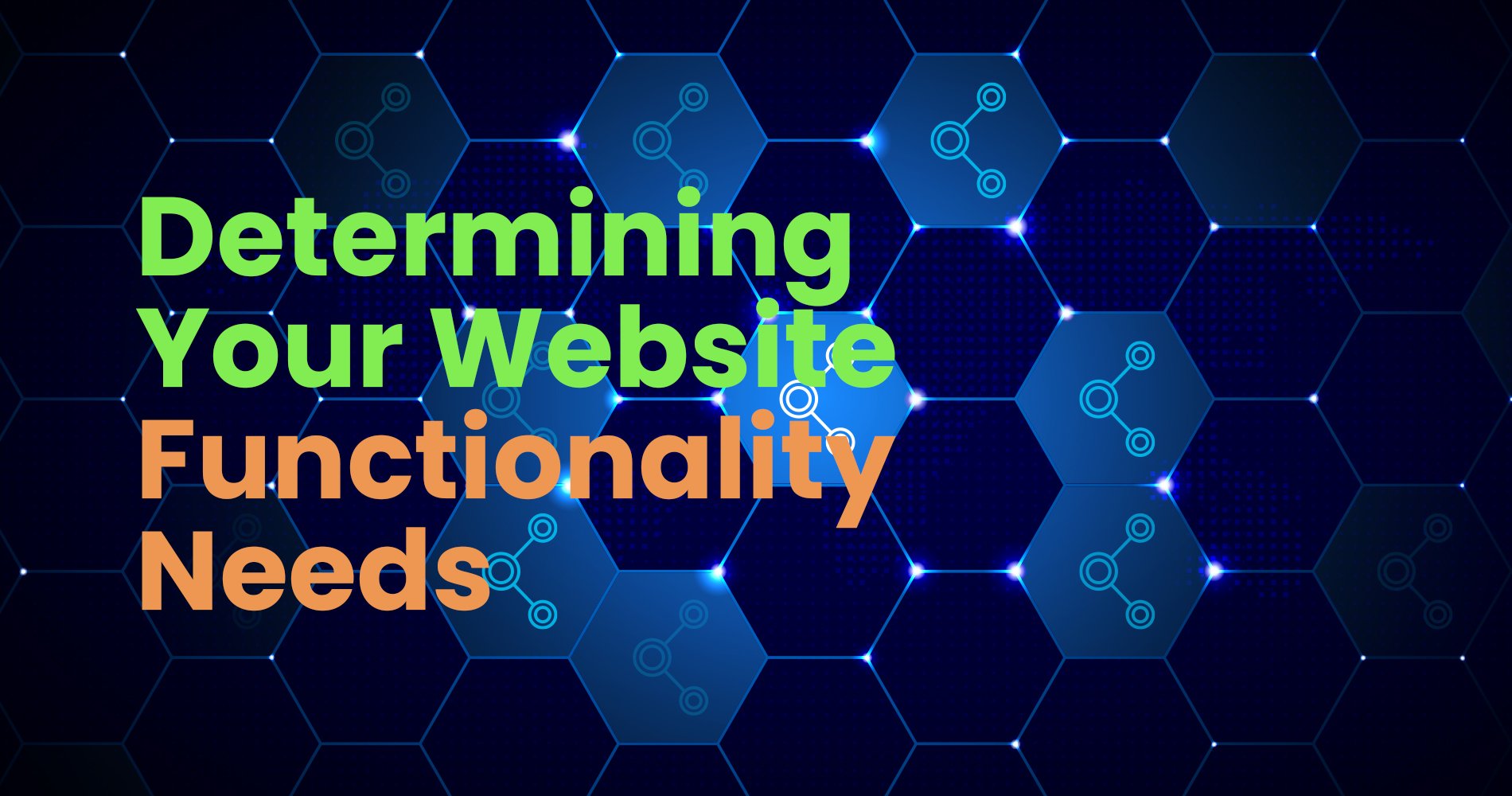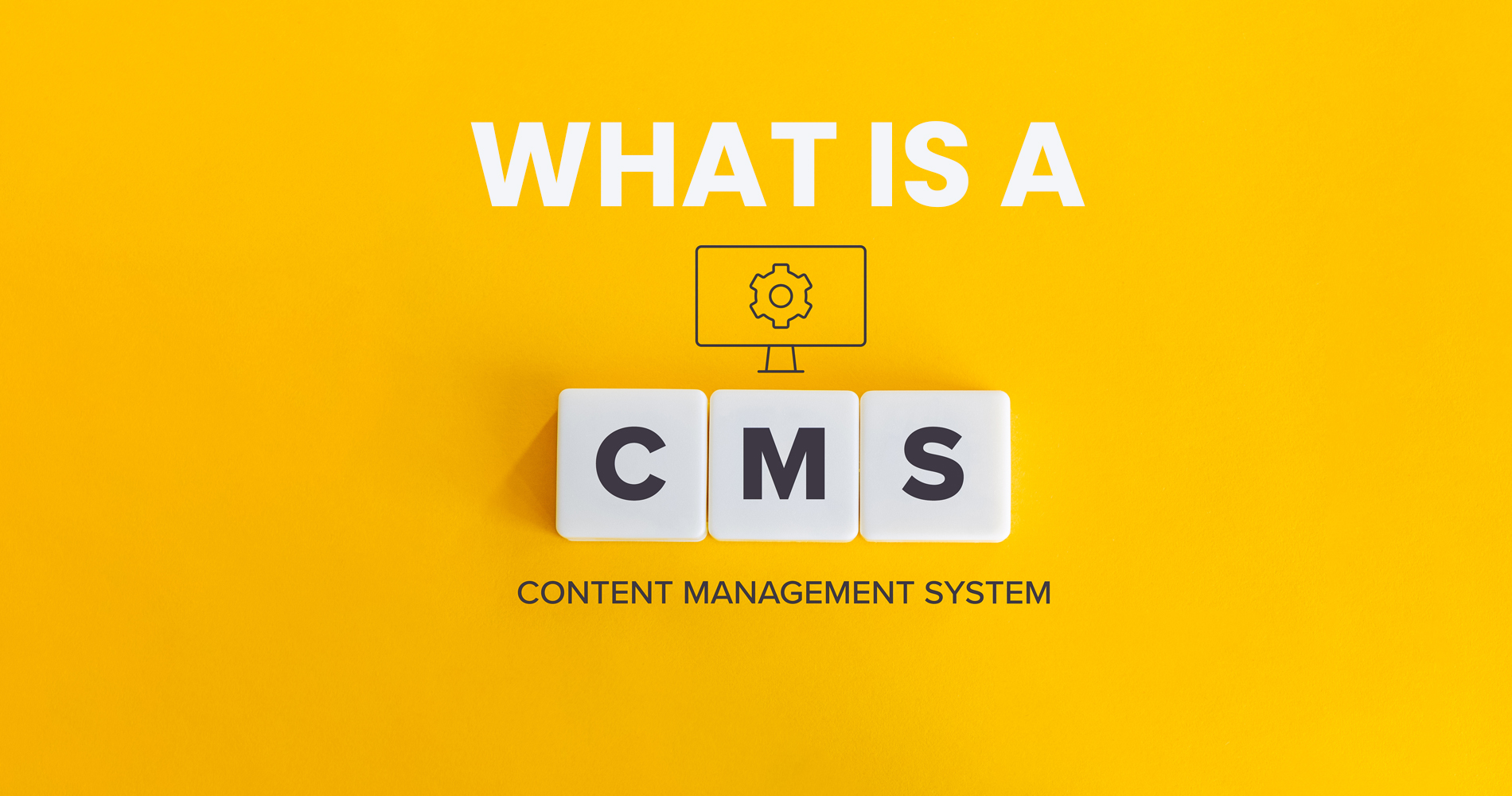Your website is the most effective marketing tool you will ever have. There are now a range of CMS platforms that can help you with your website building process. Therefore, in this article, we will look at the most popular CMS platforms. But before we get to that, let me take you through a crash course of what CMS platform truly is and how it can help market your site.
What is a CMS platform, and how can it help my marketing?
In simple terms, a CMS platform is a piece of software that will help you to manage and create your website. Typically, web pages are written in code form, for instance, HTML, JavaScript, and CSS languages. Alternatively, CMS platforms make it easy for you as the website owner to create a website without necessarily learning how to code.
With CMS platforms, you can easily design a website to your liking in a matter of hours and launch it. Let's look at the 5 most popular CMS platforms available today.
Top 5 Most Popular CMS Platforms
1. WordPress
Undoubtedly, WordPress is the most prominent CMS platform today. A great number of live websites are based on WordPress. To be more specific, WordPress currently powers 42% of all websites.
That's because WordPress is used for all sorts of websites, including blogging. On the other hand. Typically, using WordPress itself doesn't cost you a penny. However, you will have to purchase a hosting plan and a domain name.
Pros
- It's easy to use
- org offers flexibility and freedom to build any website of your choice
- WordPress comes with several plugins and themes that make the experience flawless.
- There's a huge support community ready to help you out in case you encounter any challenges.
- WordPress is perfectly designed for SEO. That's because, through WordPress, it's easy to create URLs, tags, and categories that will boost your website's ranking.
Cons
- You will have to come up with your hosting and domain name. More importantly, you are responsible for the security and backups.
- The fact that there's a wide range of options could make it challenging for you to make the right decision.
2. Joomla
Joomla is a great choice, especially if you are new to the CMS platform world. That is why this site falls on our list of the top 5 most popular CMS platforms. It comes with different extensions and templates that make it easy to build your website on this platform. And like WordPress, this CMS platform is also free, but you will have to purchase the domain name.
Joomla was first launched back in 2005, and it's been in business for quite some time. More importantly, this platform is packed with unique features and offers a one-click package to newbies. But the downside is that this platform is more equipped for advanced and experienced website builders and not so much for newbies.
Pros
- Joomla offers its clients a lot of flexibility with plenty of options. Typically, it's an excellent choice if you plan to develop a complicated site with an outstanding user experience.
- As much as Joomla is designed for advanced website owners, you will still create a website without the need to learn about coding. That's because it's easy to customize your content.
- Joomla is an open-source CMS platform just like WordPress, and you have a community ready to help you when you get stuck.
- Above all, you can still run an eCommerce platform on Joomla.
Cons
- Undoubtedly, even die-hard fans of this platform will admit that it's complicated to understand or use. However, you always have the option to hire a developer who can help you design the ideal website.
- The additional extensions are not as numerous as those in WordPress.
- If you have a lot of installed extensions on your website, you could witness a compatibility issue.
3. HubSpot CMS Hub
Another CMS platform that must be included is HubSpot CMS Hub. It’s All-in-one CRM system to help increase traffic and generate leads.
CMS Hub is the first and only CMS today that integrates all the data from the CRM to help you develop healthier relationships through content, and conversation. Consequently, you'll continually have the ability to keep track of your communications, simplify your sales and marketing teams, all without having to write a line of code.
It's a fully integrated system that caters to business owners and marketers. Aside from being the perfect CRM platform, HubSpot also caters to all sorts of automation services, sales, and operation tools. HubSpot is the perfect solution for a growing business.
Pros
- The website builder on this platform is easy to use and understand since it's a drag-and-drop editor
- HubSpot CMS Hub has smart features that you can use to personalise your website.
- CMS Hub integrates easily with their email marketing tool; hence it can help you boost your sales.
Cons
- Unfortunately, CMS Hub doesn't offer a free version. However, you can get a free trial.
- It's not the ideal website builder for eCommerce businesses.
4. Drupal
Like the other CMS platforms on this list, Drupal is an open-source platform that lets you design your own website in the easiest way possible. Drupal is ideally equipped for developers or anyone who would like to hire a developer. More importantly, this website builder is a perfect choice if you are trying to build a site that can handle lots of data.
Pros
- It's super easy to add content to Drupal
- The site has a range of modules that you can add to your site. The modules work like WordPress plugins.
- You can create different user permissions with ease on this platform
Cons
- It's challenging when it comes to changing the appearance of the site
- Drupal is a tad bit expensive
5. Wix
This list wouldn't be complete if we didn't include Wix. Wix is currently ranked high on the most popular CMS platforms, so it's only suitable to finish this list. Much like WordPress, Wix is user-friendly even if you've never written a line of code in your entire life. More importantly, it's beginner-friendly with virtual assistants who can help you navigate any part of the website builder. Aside from that, it also includes a free plan.
Pros
- Wix has a drag and drop interface that's relatively easy to use
- The platform includes pre-made templates that will ideally smoothen your experience
- Wix has a marketplace centre for all the necessary apps that you can use to improve your website.
Cons
- Once you've chosen a specific template on Wix, you can't change it.
- More importantly, this platform doesn't allow you to export or download your data
- The free plan includes Wix branded names and ads.
In Summary
Even though WordPress is the most popular choice for CMS platforms, it doesn't mean there aren't other options you could consider. Each of these choices, however, comes with its set of advantages and disadvantages. So, at the end of the day, it's up to you to identify a specific CMS platform that resonates with your website's goals and future.





